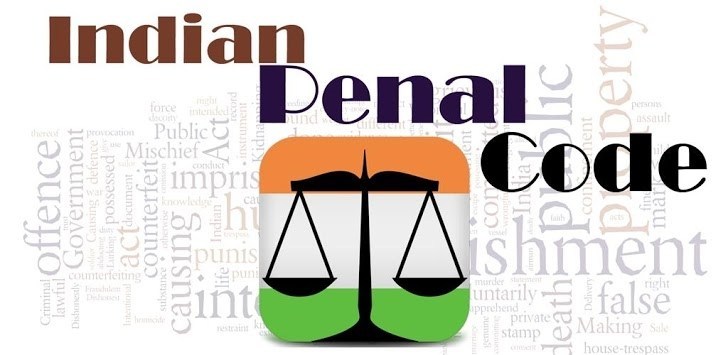The Indian Penal Code (IPC) is the main criminal code of India. It was enacted in 1860 and is applicable to the whole of India. The IPC defines various crimes and provides for their punishments.
The IPC is divided into 23 chapters and contains over 500 sections. Some of the key offenses that the IPC covers include homicide, assault, theft, fraud, and sexual offenses.
The IPC also sets out the procedures for the investigation, trial, and punishment of crimes. It provides for the establishment of courts and tribunals to try offenses, as well as rules for the admissibility of evidence.
The IPC is an important tool for maintaining law and order in India. It is regularly updated to reflect changing societal norms and to address emerging forms of criminal behavior. The code is enforced by law enforcement agencies, including the police and the judiciary, to ensure that individuals who violate the law are held accountable for their actions.
